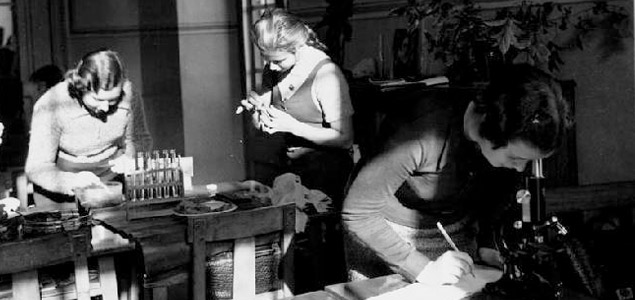
Students of the Institute-School studying chlorophyll in the laboratory of the center. Unknown author. Generalitat de Catalunya. Arxiu Nacional de Catalunya. CC BY-NC-ND
Only five years ago, Ijad Madisch was working as a doctor in an American hospital. Today, the young German scientist leads ResearchGate, the world’s largest network for scientists, with more than eight million members from 193 countries. We visited Madisch, the man who managed to convince Bill Gates and Angela Merkel that it is possible to change the world and revolutionize science, in Berlin, Europe’s new innovation capital. Interview with Ijad Madisch, co-founder and CEO of the world’s largest online network for scientists
You said that ResearchGate could win the Nobel Prize one day. This sounds very ambitious. What is your vision? How do you think ResearchGate can contribute to changing the world?
My vision for ResearchGate is to connect the world of science and open science up to all. With ResearchGate I want to create something that helps researchers and scientists arrive at results faster, because we’re all waiting for these results. We need sustainable energy sources. We need a cure for HIV. We need to feed a growing world population. And we turn to science for solutions to these problems.
I’ve always wanted to be the one who solves one of these big problems, and I wanted to get a Nobel Prize for my achievements. So when I first met Matt Cohler from Benchmark and he asked me what my goal for ResearchGate was, I said that I wanted to win a Nobel Prize. That’s still true, although I’d be just as happy if we, as ResearchGate, helped another scientist win the prize.
The original idea of the World Wide Web was to connect scientists to each other, but somehow this never really happened before ResearchGate. Do you have an idea as to why?
There were some attempts to connect scientists on the World Wide Web before we founded ResearchGate, but none of them succeeded. These ideas often tried to emulate the status quo. Processes that had existed in science for centuries were copied online, but they didn’t change.
We have a different approach. My co-founders and I worked in science. We know what the problems are, and we know that we have to challenge the status quo to make a change.
Working in the lab, I often faced problems where none of my colleagues could help me, and where I couldn’t find anyone online to help me. I knew that in all likelihood there was someone who had run into the same problem before me, but that wasn’t documented. That’s what we set out to change with ResearchGate.
We believe that everything that happens in science is worth being documented in a way that’s accessible for everyone. We call this Open Science. This includes so-called “failed experiments.” If my data doesn’t confirm my hypothesis, it’s still a valuable result – it’s valuable information that something I thought might work doesn’t work.
Writing this down sounds logical, but it’s quite revolutionary for science, where things haven’t changed for hundreds of years.
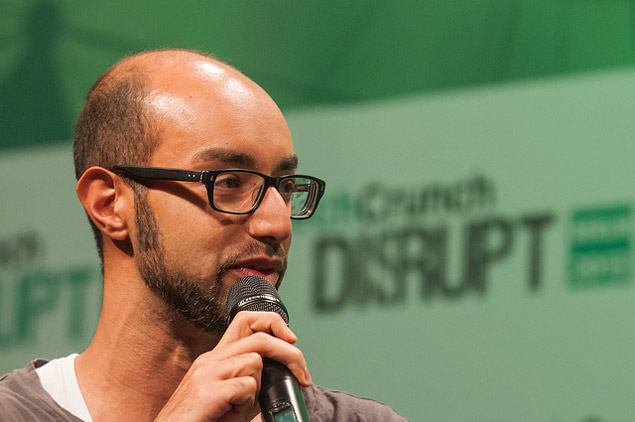
Ijad Madischc al TechCrunch Disrupt Europe: Berlin 2013. TechCrunch. CC-BY
What do you think is the most important challenge that science will face in the future, and how do you think ResearchGate can help?
I can’t tell you the subject matter, but one of the most important challenges we’re facing is the exponential growth of data in science. This is, at the same time, also a great opportunity.
In 1993, you could fit the NIHNationalCenter for Biotechnology Information’s data on one CD-Rom. In 2014, you would have needed the digital equivalent of 400 million 4-drawer filing cabinets. The number of decoded gene sequences documented in the institution’s GenBank alone has doubled in the last seven years.
On ResearchGate, much of this data, and much more, comes together. In the first four years of the network, scientists uploaded a total of 2.5 million publications to their profiles. Now they upload 2.5 million documents, including datasets, every month. This already makes the network the hub for scientific knowledge online.
Now it’s a matter of making intelligent connections – connections that we as humans may not spot in this deluge of data, but that we now have the technology to see.
Visiting your headquarters and watching your previous interviews, one gets the feeling that ResearchGate is inspired by the American spirit of “why not?”, which is actually the opposite to the German “safety oriented” approach. How important was your time in the States to starting ResearchGate?
My time in the US has especially influenced how I think about company culture. This is something German companies didn’t understand when we started out, but now they turn to us for advice.
Everyone working at ResearchGate knows how they’re supporting the company in its overall mission. And that’s rewarded; every employee holds options.
Another key to our company culture is that it’s based on friendship. I founded ResearchGate with two friends, Sören Hofmayer and Horst Fickenscher. In the beginning, everyone said this was a bad idea. But I thought who can I trust if not my friends?
This feeling of working with friends is something we keep up as the company grows. We create lots of opportunities for people to get to know each other outside of work. We have lunch together; there are three free and healthy meal options every day. We play sports together, and there’s yoga every Friday morning. We also have a whole floor reserved for playing games and relaxing.
I am aware that a strong motivation for you to start ResearchGate was the frustration you experienced during your time as a scientist, when you saw that “negative results” were rarely published. Are people increasingly willing to publish them now?
Yes, researchers increasingly share both their positive and negative experiences with their peers on ResearchGate. In our Q&As they often write down what’s not working and ask for help. When they get an answer to their question, they also help researchers who run into the same problem in the future because those researchers can now find the solution online.
Do you think that open data will one day take over scientific publishing in its entirety?
Scientific publishing hasn’t changed much in the last 350 years, but the world around it has changed greatly. If the pace of change in traditional scientific publishing doesn’t pick up, scientists will use other ways to communicate their research – which will hopefully make it accessible for everyone.
Once you got the initial funding for ResearchGate you thought of moving to San Francisco or elsewhere in the United States, but ultimately you moved to Berlin. I’ve heard you to say that was because of the existing talent in Berlin. Why do you think Berlin can attract talent?
Berlin attracts talent for two reasons. The city has a growing startup scene that’s still in its early stages, so people who move here get the chance to work on something – potentially big – from the very start. People here, in comparison to Silicon Valley, are still hungry for that. In the US, a lot of people have already worked at companies that made it big and they aren’t as eager. In addition to that, Berlin also has a great art and music scene which is important because it fuels creativity in tech.
You once expressed your wish to live 100 years from now. Is that because you have ideas to change the world beyond ResearchGate? How do you picture ResearchGate in fifty years?
Five years ago I still wore a lab coat and worked in a hospital, so I don’t know what will happen five, fifty or a hundred years from now. All I can say is that I’ll count myself lucky to be working and making a positive impact on science and on society with ResearchGate then, just as I am now.
Note: a Spanish version of this interview was previously published in the author’s blog at The Huffington Post.
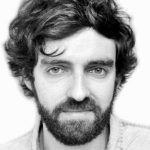
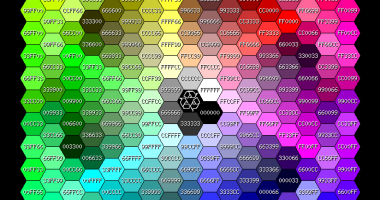


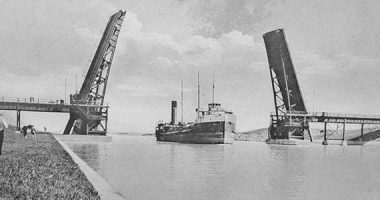
Jeroen Bosman | 14 January 2017
Interesting story. One thing I wonder about though, and that is how ResearchGate supports data science. Ilja says here:
“Now it’s a matter of making intelligent connections – connections that we as humans may not spot in this deluge of data, but that we now have the technology to see.”
I do not see any systematic way Researchgate supports this now. There is no way to search for data and no way to do any datamining. There is also no indication to what extent researchers are sharing data through Researchgate. I hope Researchgate will step it up and really live up to its promise.
Jeroen Bosman
Utrecht University Library
Leave a comment